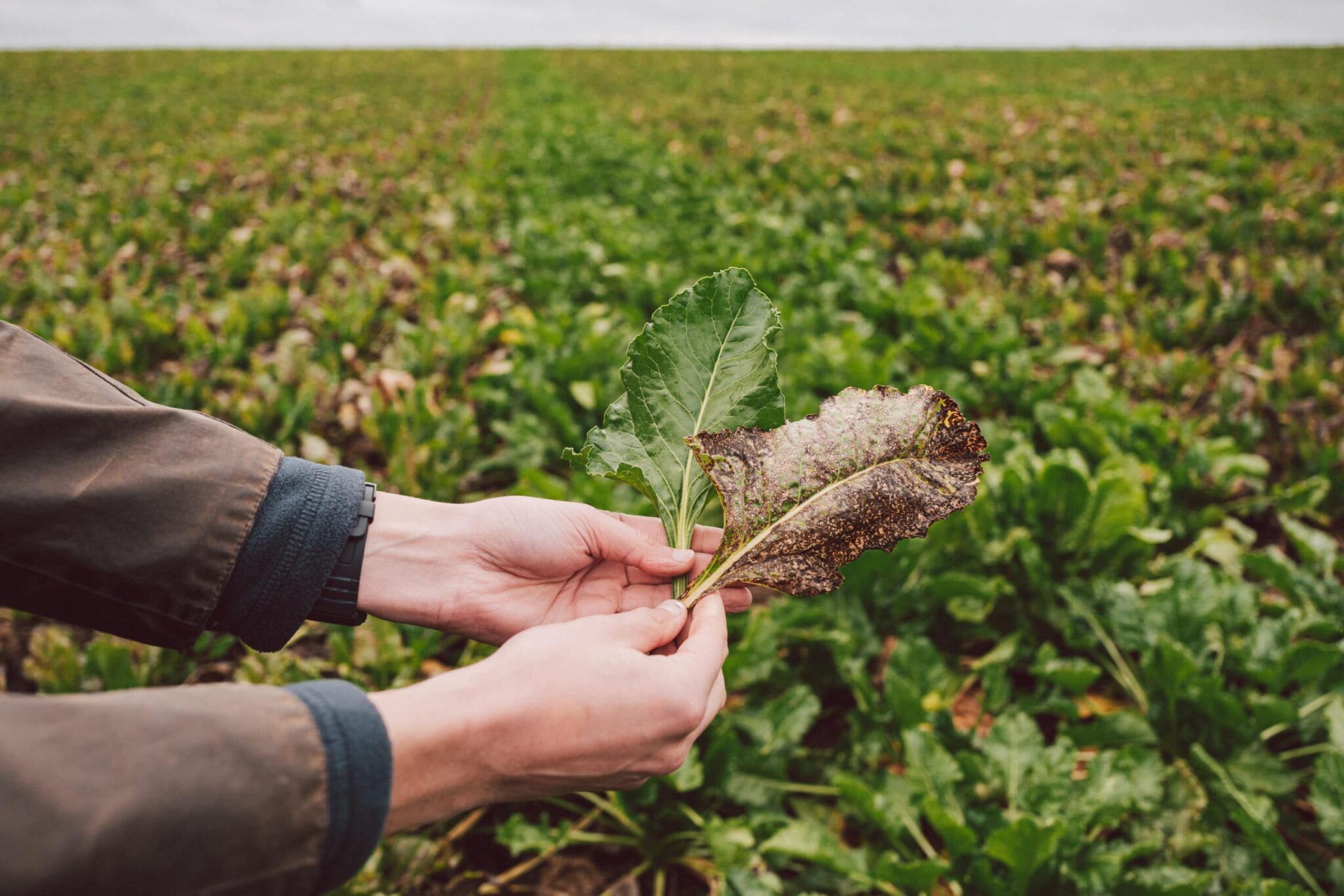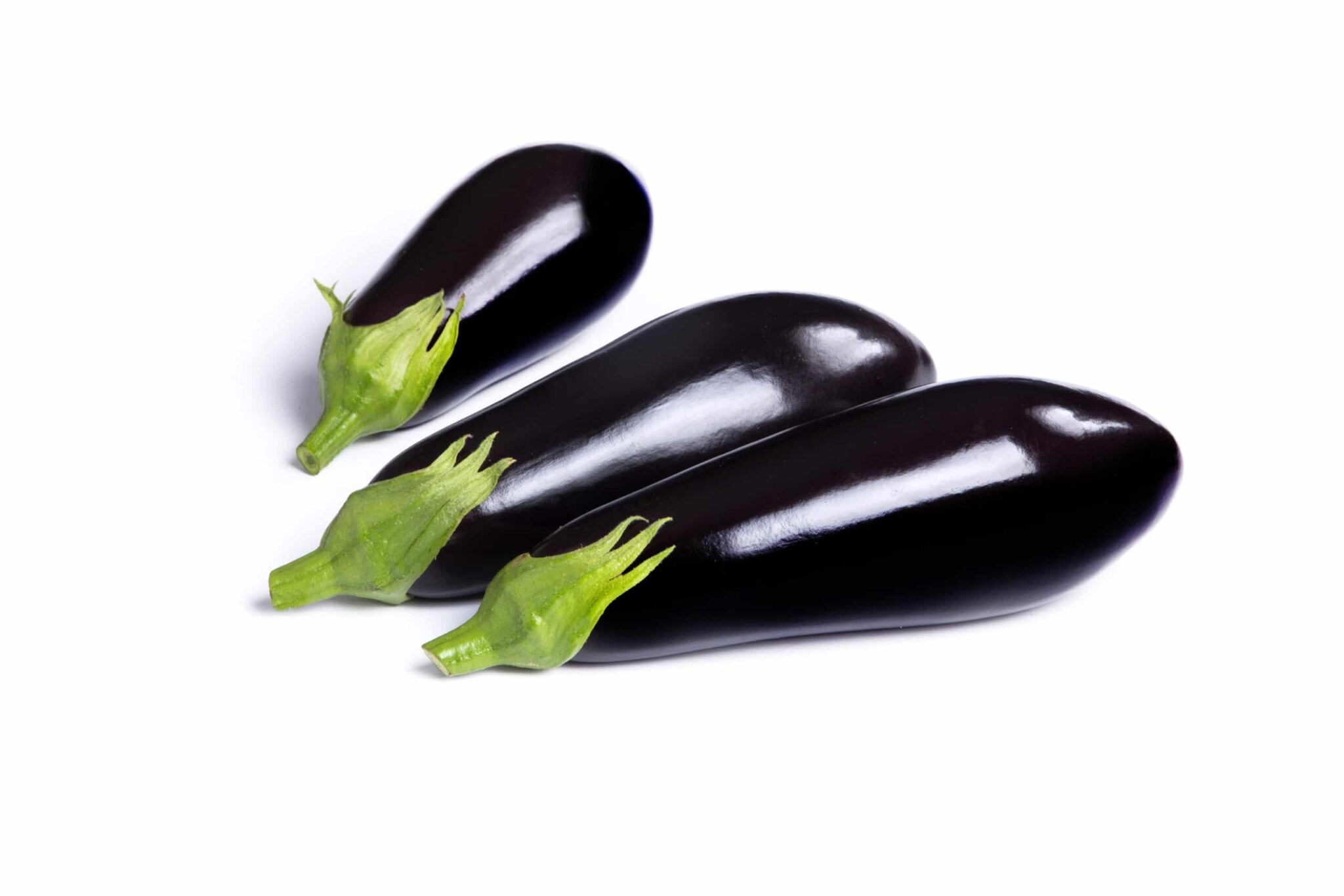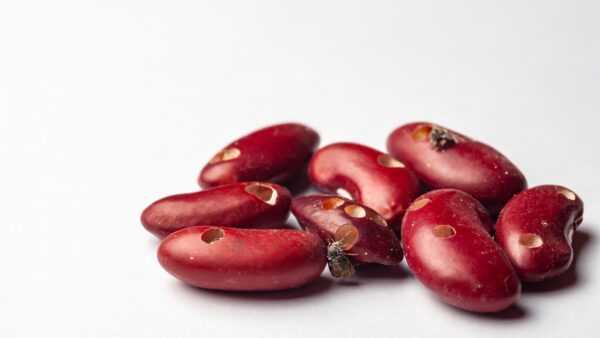At European Seed, we wanted to shine some light on all these new plant varieties and give you a taste of the innovations that are out there. But of course, we can’t show all 3,500 new varieties of 2020 here, so we asked the national seed associations in Europe, and many other peers in the European seed sector to send us their lists of which varieties in their eyes were the most innovative of last year.
Please note: Plant varieties appear in alphabetical order
KWS
The variety ‘Fiammetta KWS’ is considered a breakthrough in breeding for Cercospora tolerance in sugar beet and is the first variety out of the highly innovative KWS CR+ product generation. In contrast to other sugar beet varieties with current Cercospora tolerance, this variety combines a new, very high level of Cercospora tolerance while maintaining a very high yield performance. Cercospora is a fungal disease that causes major damage to roughly two third of the global sugarbeet acreage worldwide. The impact is that the amount of fungicides previously used to combat this leaf disease can be reduced significantly. It represents an excellent example of how the company’s breeding work contributes to sustainable cultivation and ensures productivity and competitiveness of sugar beet cropping.
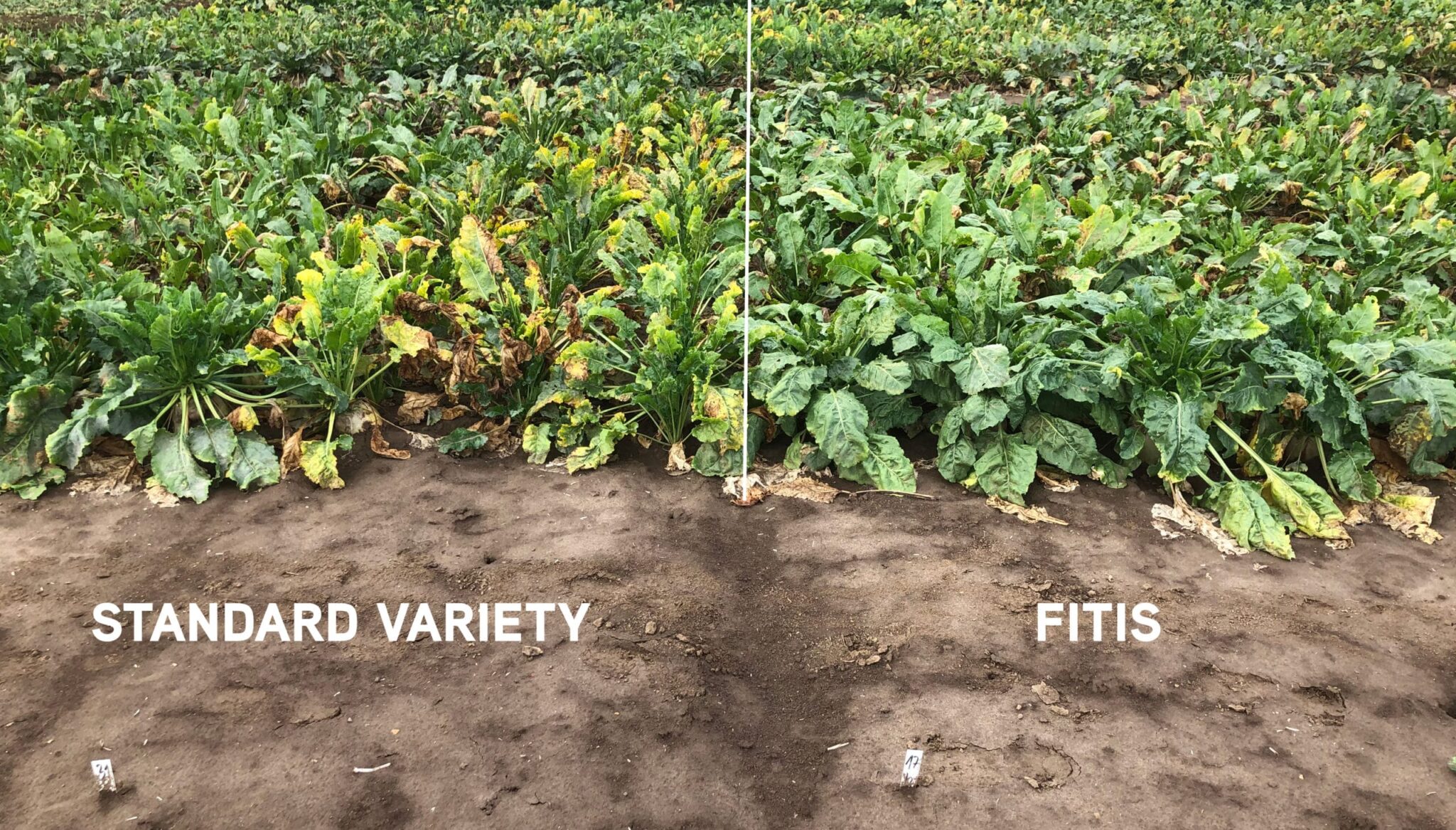
Fitis — Sugar Beet
The variety ‘Fitis’ was registered in February 2021 in Germany as a nematode resistant variety with strong tolerance against ‘Syndrome basses richesses’ or simply SBR. This disease is known for strongly reducing sugar content (up to 30%) and root yield in sugar beet. SBR symptoms include yellowing of older leaves, lanceolate asymmetric young leaves and necrosis of vascular root bundles and can easily be confused with other biotic or abiotic stresses. The disease is a real threat for the continuity of sugar beet growing in regions infected by SBR. Spreading of the disease is facilitated by two plant pathogenic bacteria and transmitted by the planthopper Pentastiridius leporinus. Since control of the planthopper is considered to be impossible, the company explored the possibilities of a genetic solution. This variety is the first genetic solution for farmers and sugar industry in areas suffering from SBR.
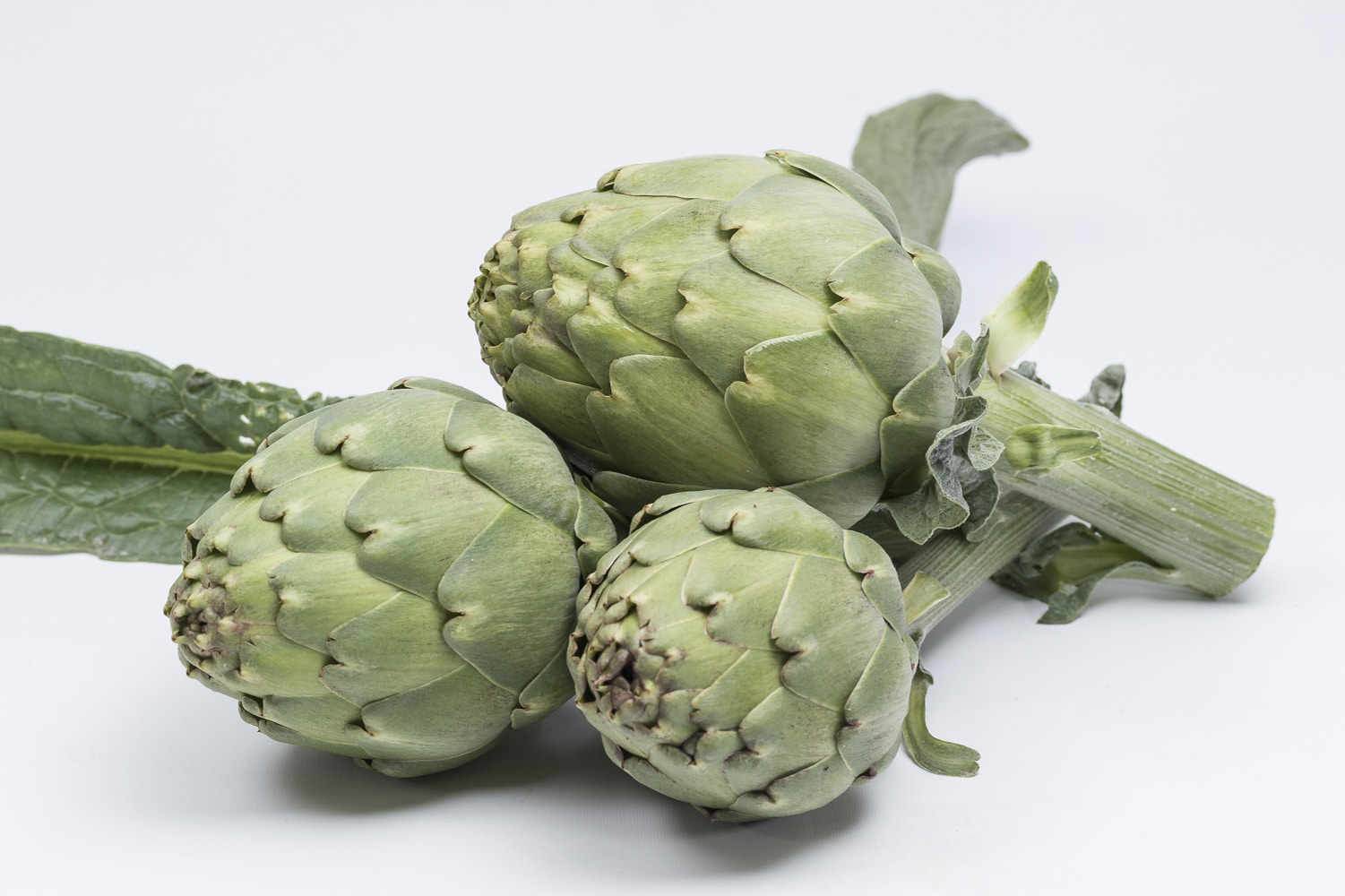
Artichoke ‘Green Queen’ is a hybrid variety that offers advantages to growers, traders, retailers and consumers. It has a strong vigour capable of coping with various soil and stress types, while producing the desired head sizes and uniformity required for the domestic and export markets. The post-harvest life of the heads reduces losses, increases shelf-life and its fresh appearance and good taste contributes to repeat purchases. Green Queen genetics, together with collaboration along the value chain, is revitalizing a traditional consumer market and opening new opportunities for export and processing markets. As a source of vitamin C, vitamin K, folate and copper, artichoke contributes to a more diverse and healthy diet.
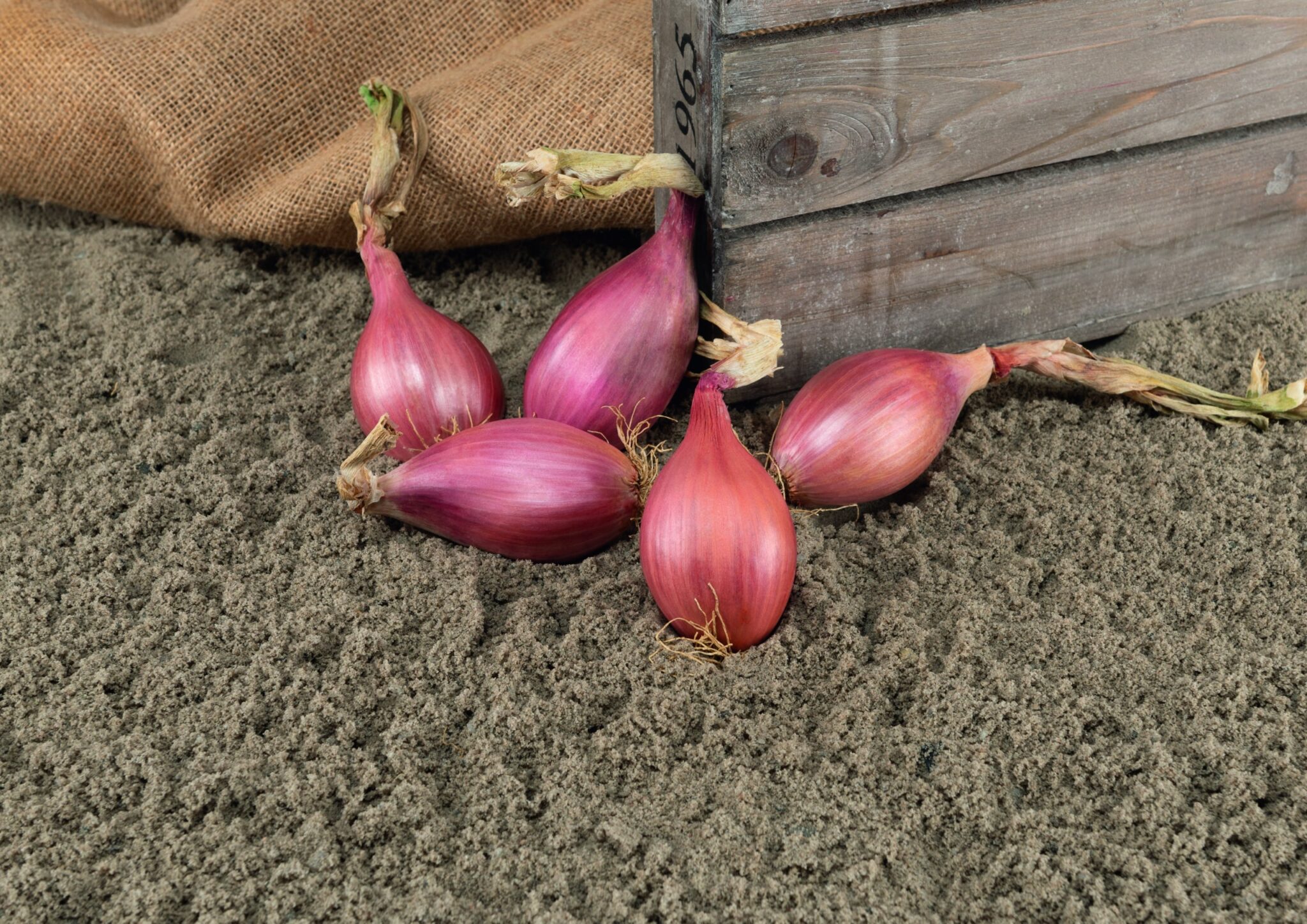
Innovator — Shallot
The shallot variety ‘Innovator’ was developed after years of breeding by De Groot en Slot, in cooperation with Bejo and is the first downy mildew resistant shallot from seed. It is a hybrid variety with a slightly longer bulb and a distinct colour, which is suitable for the long day areas. Downy mildew is a severe problem in production fields in many parts of the world. It infects the leaves of the shallot, eventually causing major losses in harvests or destroying crops completely. ‘Innovator’ is well suited to the organic market but is also very desirable for the conventional market, as it requires less crop protection. The variety offers very healthy propagation material as a shallot from seed, delivering a huge advantage compared to a shallot from set.
Rijk Zwaan
Aubergine variety ‘Kesia’ was recently launched by Rijk Zwaan and is its first variety in the CleanLeaf series. This represents a new generation of aubergine varieties with very few trichomes (hairs), making integrated pest management (IPM) easier, and helping growers to cultivate residue-free products more efficiently and predictably. In addition, the variety has a good shelf life, which leads to less food waste. Consumers have high expectations in terms of organic produce and low pesticide levels. With this approach, the company enables sustainable production and helps retailers to achieve their sustainability goals. Not only are the plants themselves hairless, but so too is the calyx of the aubergine, plus it is greener compared to conventional varieties. This makes it more appealing to consumers since they associate this greener calyx with fresh and green.
Read about more innovative varieties 16-20 here.
Did you miss the first 10?
Read about Innovative Varieties 1 – 5 here
Read about Innovative Varieties 6 – 10 here


